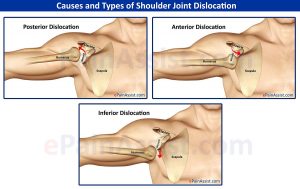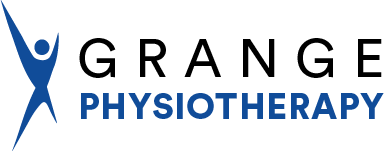
Shoulder Injuries are a common occurrence with sport and Physiotherapists treat a variety of these type of shoulder injuries.
Before rehabilitation training can start on a dislocated shoulder a full assessment is recommended. Physiotherapists can assess shoulder range and function in order to start a rehabilitation training program. This can be progressed as the shoulder improves depending on pain and range. If rehabilitation is too aggressive, further damage can occur.
Rehabilitation gym work can commence almost immediately but needs to be specific to injury and symptoms. Training of the shoulder should be pain-free. Should the shoulder start to ache during training this is a signal that needs to be addressed. The main exercises that should be focused on are strength exercises for the shoulder, chest and upper back. Ligaments in the shoulder have been stretched so these need to be protected during training to avoid further damage. Exercises that may be given are theraband strength work, Flies, bench press, laterals, incline press progressing to overhead press, front lifts and close pulldowns. Stretches is not generally advised for these type of shoulder rehab programs. Normally a muscle is required to long and strong. In this situation, the muscles around the shoulder need to be short and strong to protect the joint and make up for the ligaments which are not currently tight enough to control the ball and socket joint. Concentration should be on strength and function in a painfree environment.
The stabilisers, or rotator cuff muscles of the shoulder joint also need to be strengthened. These can get forgotten in a standard gym program. These are vital postural muscles which help to hold the ball of the joint in the socket of the joint. Regular testing by a physiotherapist needs to occur to ensure the rehabilitation program is on track.
Return to sport is when there is full pain-free range of the shoulder with good strength and function with no instability. This may take 1-6 months depending on the severity of the injury and the sport and position played. A lot of clients with these injuries are recommended to return to sport with their shoulder taped or braced as this will add stability and decrease the risk of re-injury. See your physiotherapist for advice regarding shoulder taping for specific dislocations.

